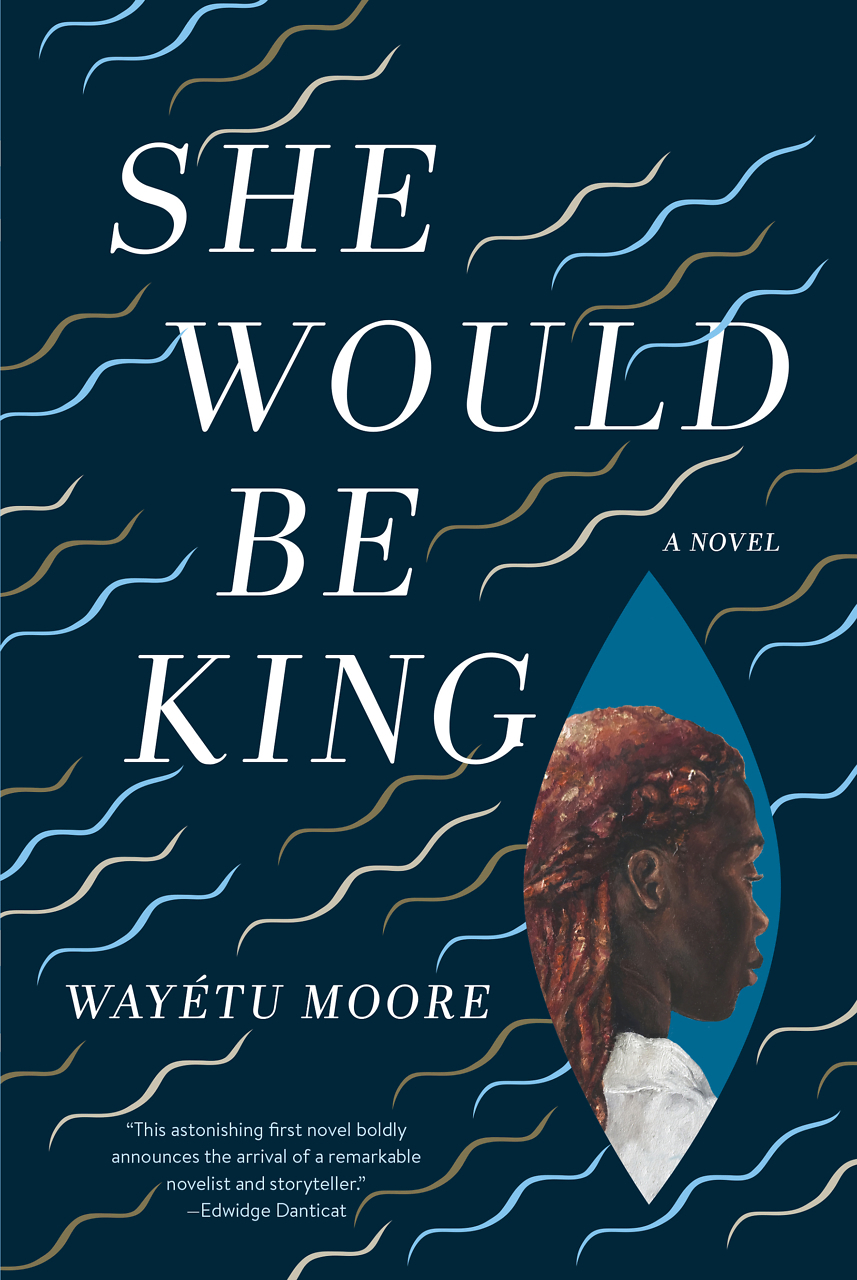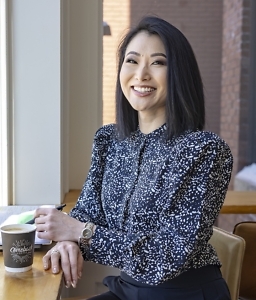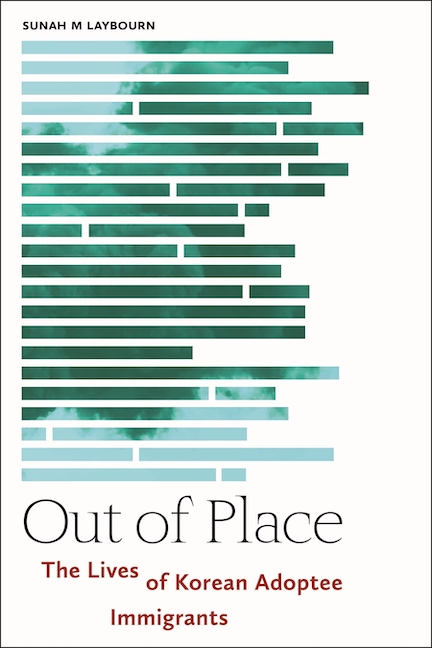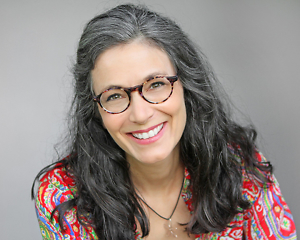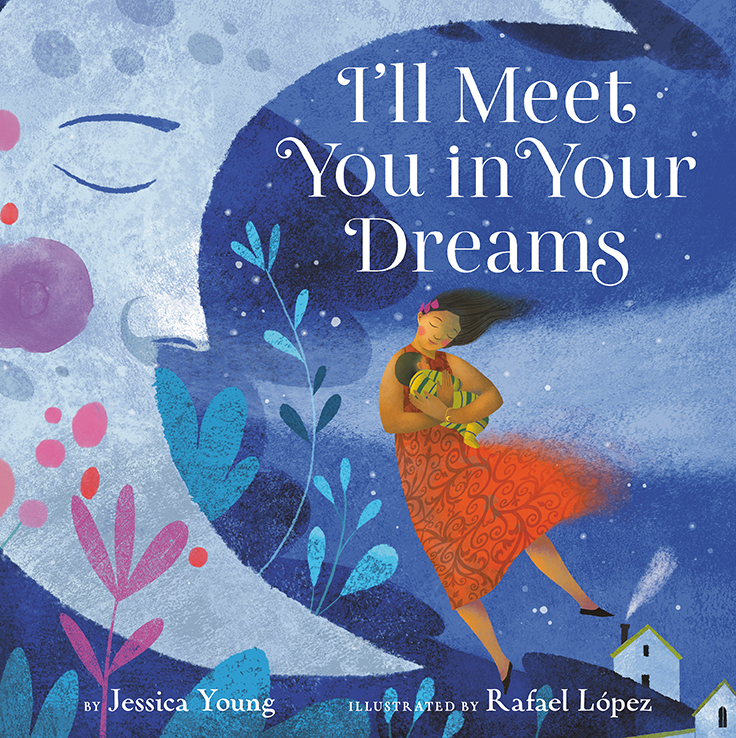Surviving the Family
Siblings stare down their childhoods in Ann Packer’s The Children’s Crusade
Ann Packer’s third and latest novel, The Children’s Crusade, examines the impact a detached mother and devoted father had on the lives of four siblings, each of whom narrates a segment of the story as an adult. One, a psychiatrist in her forties, eloquently describes her memories of childhood as “the replaying of filmstrip that’s slightly warped from having gone through the projector so many times.” While she’s analytical, her brothers—a doctor, a teacher, and a wandering soul—are variously resentful, resigned, or angry about their childhood. Their home on wooded acreage discovered by their father in the 1950s – a place “central to their family’s creation myth”—will become part of Silicon Valley decades later, and its latter-day value makes it the source of emotional sibling conflicts.
 Packer, who grew up south of San Francisco near Stanford University, where her parents were professors, went to Yale University and earned her M.F.A. at the Iowa Writers’ Workshop. She won the Kate Chopin Literary Award for her first novel, The Dive From Clausen’s Pier (2002), and her stories have appeared in The New Yorker and the O. Henry Prize Stories, as well as in two collected editions. She recently answered questions for Chapter 16 via email:
Packer, who grew up south of San Francisco near Stanford University, where her parents were professors, went to Yale University and earned her M.F.A. at the Iowa Writers’ Workshop. She won the Kate Chopin Literary Award for her first novel, The Dive From Clausen’s Pier (2002), and her stories have appeared in The New Yorker and the O. Henry Prize Stories, as well as in two collected editions. She recently answered questions for Chapter 16 via email:
Chapter 16: Your novels reveal the potential for both magic and tragedy in family dynamics. In The Dive From Clausen’s Pier, Carrie, whose father abandoned her and her mother, essentially joins her boyfriend’s happy family. In Songs Without Words, Sarabeth, whose mother committed suicide, adopts the healthy family across the street. The four siblings of The Children’s Crusade have a doting father, but their mother’s isolation is a source of melancholy for all. How would you alter or modify Tolstoy’s famous notion that all happy families are alike, while the unhappy ones have unique reasons for being so?
Packer: I would argue against any notion of generalizable alikeness from family to family—or individual to individual. Maybe that’s too great a generalization, and we are plenty similar, but it’s the novelist’s job to reveal what’s unique about every character, every family, every situation. I’m always interested in portraying life and relationships from such close range that generalizations have to fall away in favor of the particular.
Chapter 16: The first pages of The Children’s Crusade bring together a man and woman in the 1950s who have little in common except a desire to fit the usual mold of marrying and having children. Bill Blair is a doctor hoping to escape brutal memories of the Korean War by going into pediatrics; Penny Greenway is a shop worker hoping to escape loneliness and boredom. Bill becomes not just the source of his family’s income, but his children’s source of tenderness and unconditional love. How do you think this marriage compares with and varies from mid-twentieth-century norms?
Packer: Certainly the expected situation was for the mother to provide emotional resources and the father to provide financial resources, and I assume that was more often the case in that era than not. As I wrote the character of Bill, it was clear to me quickly that I wanted to see how things would play out if I tipped that norm on its side and located all the resource provision in one character—to make the father more mother-like emotionally. What would happen in a family in which the mother was so wounded that she had almost nothing to give?
 Chapter 16: You’ve created other female characters like Penny, women who find they can’t play the roles expected of them: Carrie fails to stay by her fiancé’s bedside when he is paralyzed in a diving accident. Sarabeth doesn’t call her best friend, who’s suffering from a tragedy with a child. These characters can seem self-absorbed and callous, or righteously self-determined. How do you see them?
Chapter 16: You’ve created other female characters like Penny, women who find they can’t play the roles expected of them: Carrie fails to stay by her fiancé’s bedside when he is paralyzed in a diving accident. Sarabeth doesn’t call her best friend, who’s suffering from a tragedy with a child. These characters can seem self-absorbed and callous, or righteously self-determined. How do you see them?
Packer: I see my job as to put the characters into action, to reveal them making choices with far-reaching effects, and to leave it to the reader to draw conclusions. So I don’t see any of the women in my novels as being any one (or two) things. As Carrie’s mother says in The Dive from Clausen’s Pier, when Carrie asks if leaving her fiancé would make her a bad person: “Bad isn’t the issue … you do what you do. Not without consequences for other people, of course, sometimes very grave ones. But it’s not very helpful to regard your choices as a series of right or wrong moves. They don’t define you as much as you define them.”
Chapter 16: The land with the magnificent live oak where Bill Blair plants his family in The Children’s Crusade seems to define their lives, and the characters are deeply affected by their landscape in general. The culture they inhabit is also exotic—particularly, one would imagine, by Bill’s Midwestern standards. A high-school couple’s cohabitation elicits no interference by parents; one sibling’s alternative school is like an extended family. How much do you think its location in California shapes your story?
Packer: Setting is very important in all of my work, not just because of the way in which the physical world affects us emotionally, but also because of the way cultural norms vary from place to place. The Children’s Crusade is very much about a certain time and place.
Chapter 16: You wrote last year in The New York Times that it took years before doctors diagnosed your neuralgic amyotrophy. Treatment of severe injury and depression figure prominently in your first two novels. In your latest, three members of the Blair family are doctors. How did your personal experience with medicine inform portrayals of hospitals and doctors in your books?
Packer: As with everything I write about, I draw largely on my own experience: both actual (visiting doctors) and psychological (thinking about doctors). My father had serious medical problems when I was a child, so doctors and hospitals have played a part in my imagination since I was quite young. I’m interested in what happens to us when we are under terrible pressure, and illness puts everyone under pressure in ways that reveal character. That interests me a lot.

Peggy Burch was books editor at The Commercial Appeal in Memphis for ten years, and she also worked as a deputy metro editor and Arts & Entertainment editor for the newspaper. She is a graduate of the Newhouse School of Public Communications at Syracuse University and holds a master’s degree in English literature from the University of Mississippi.

